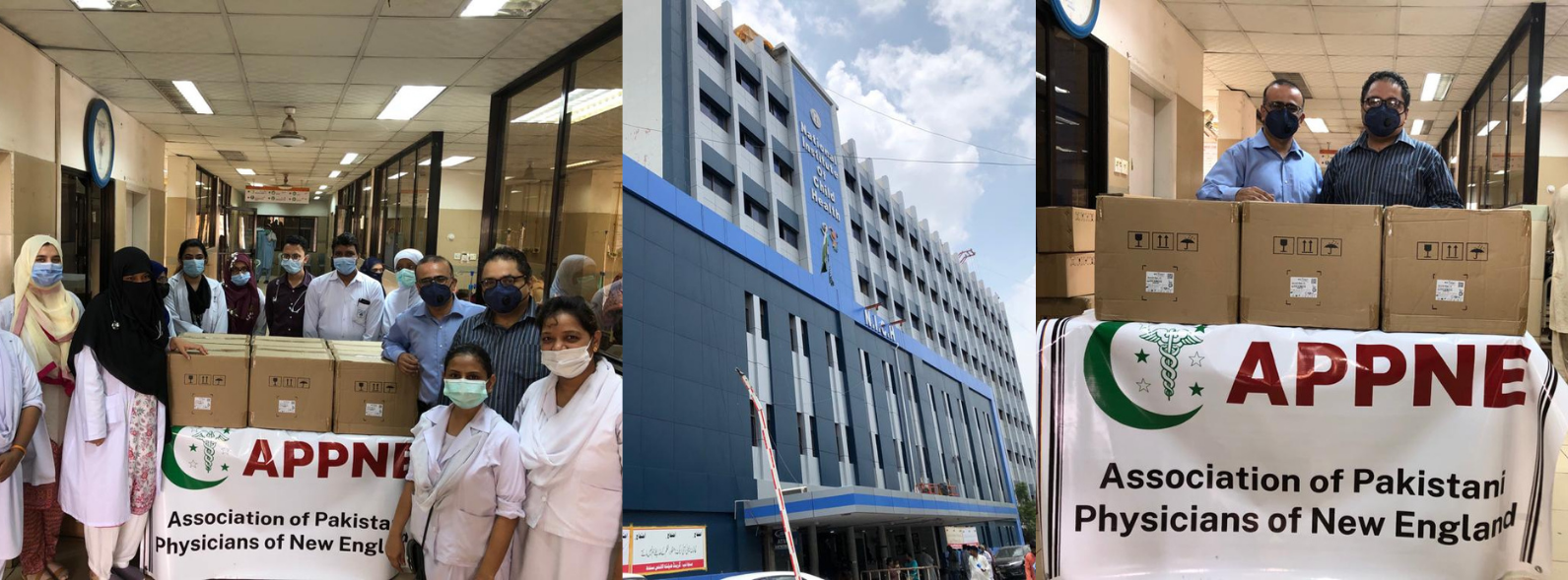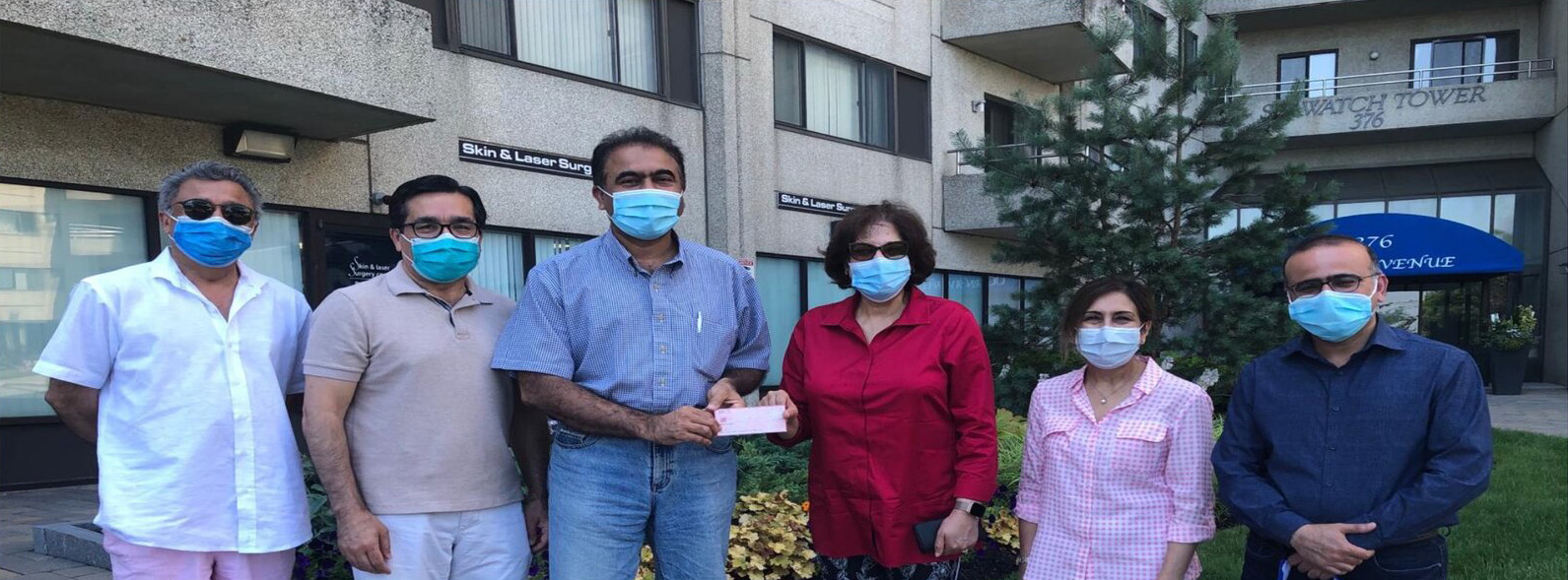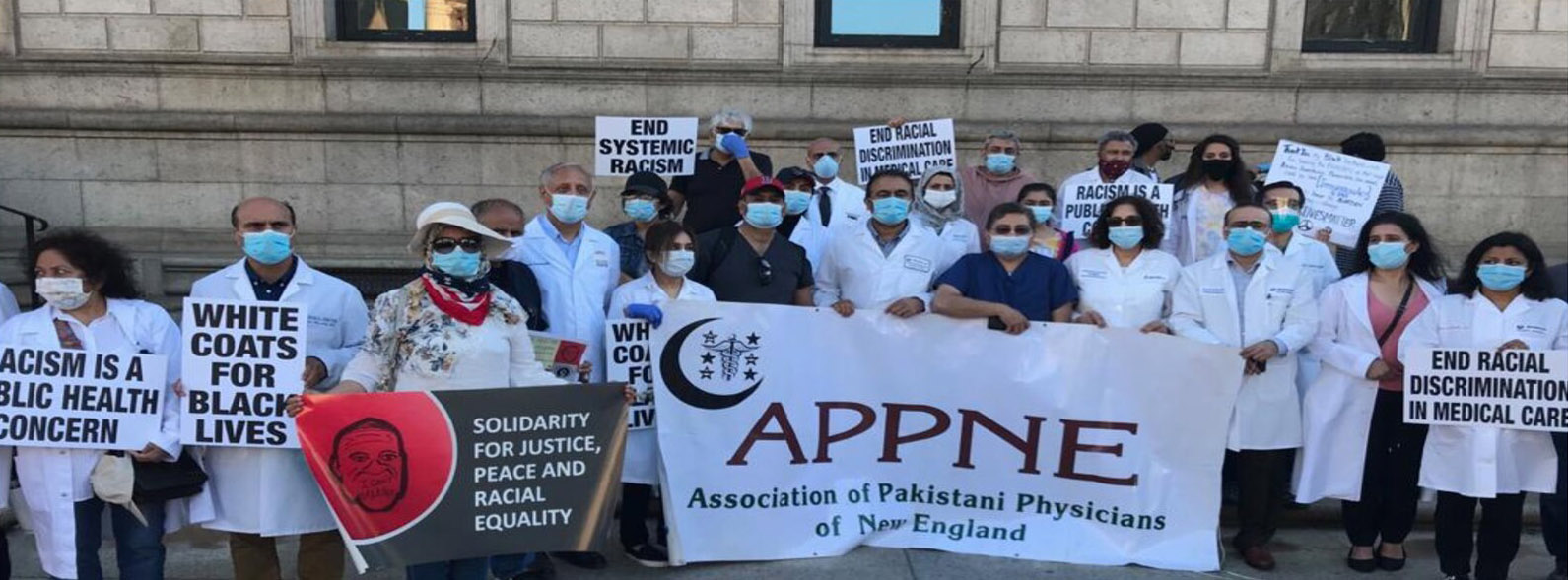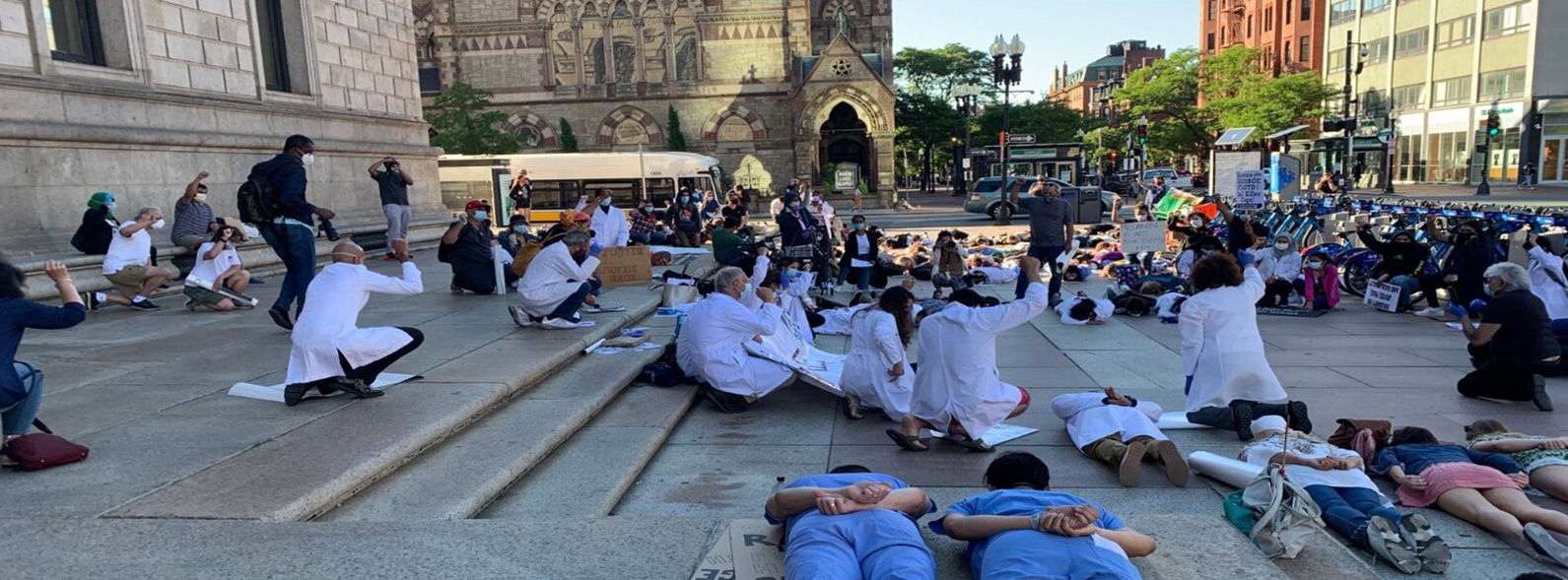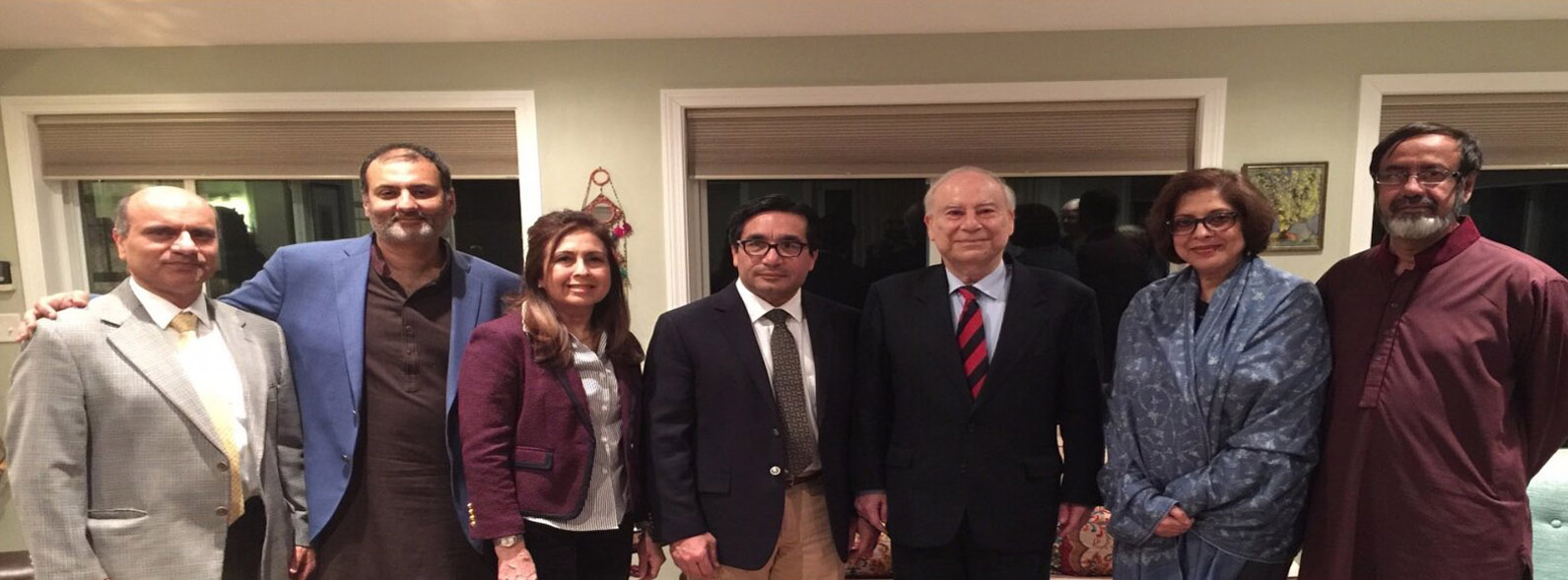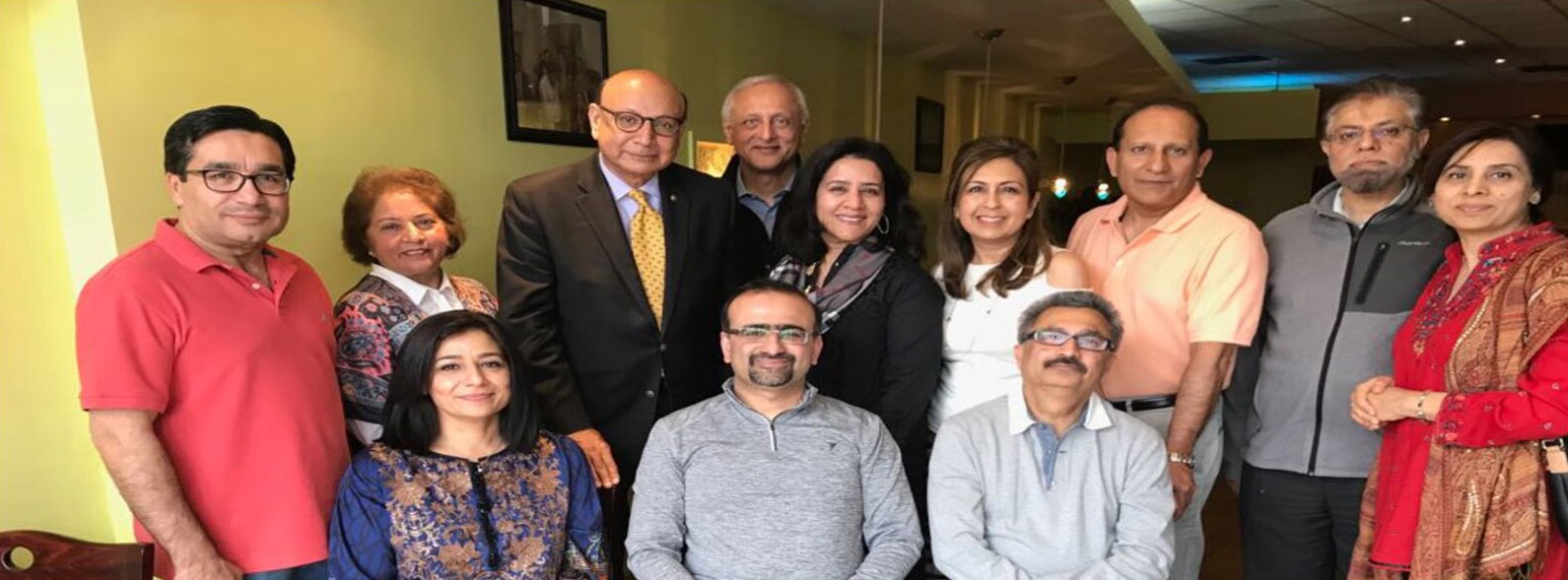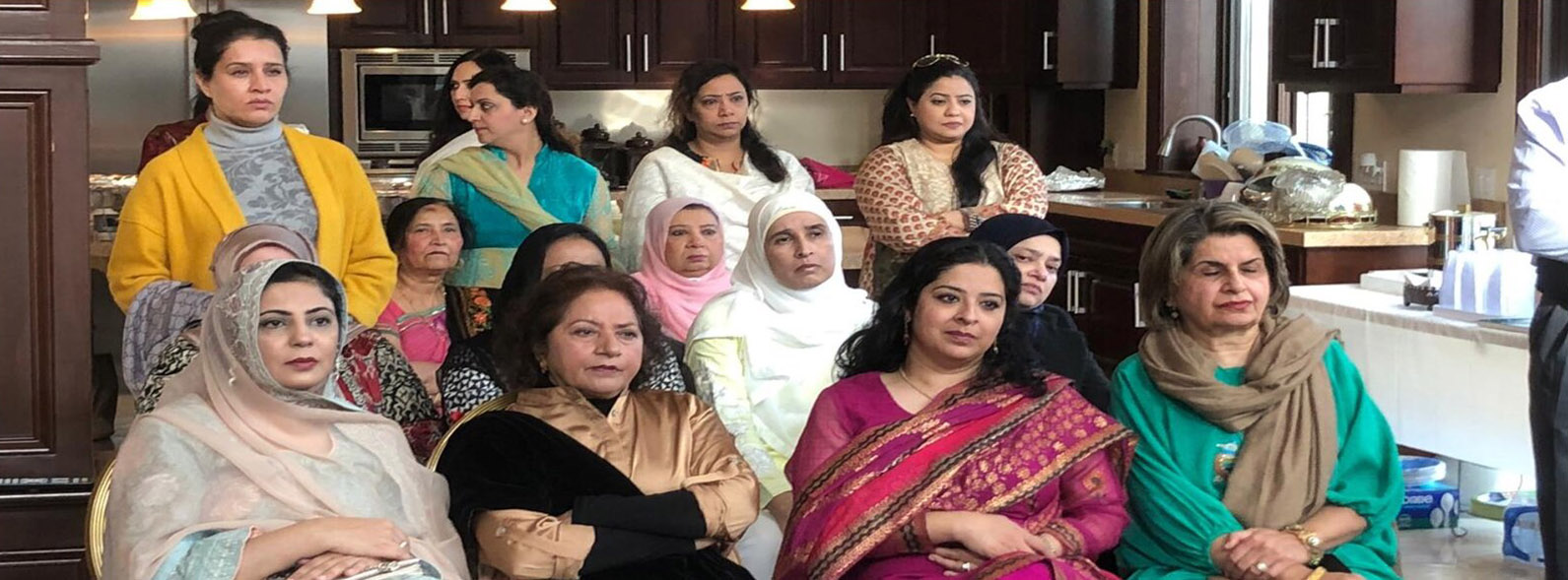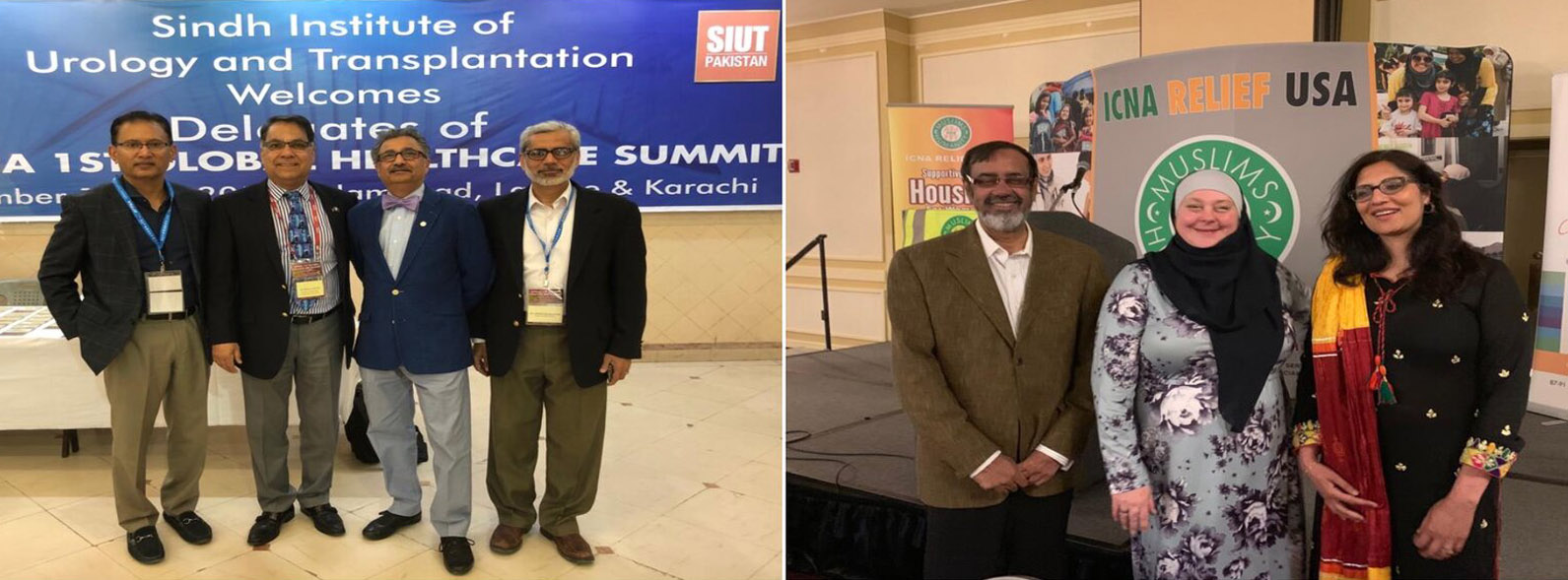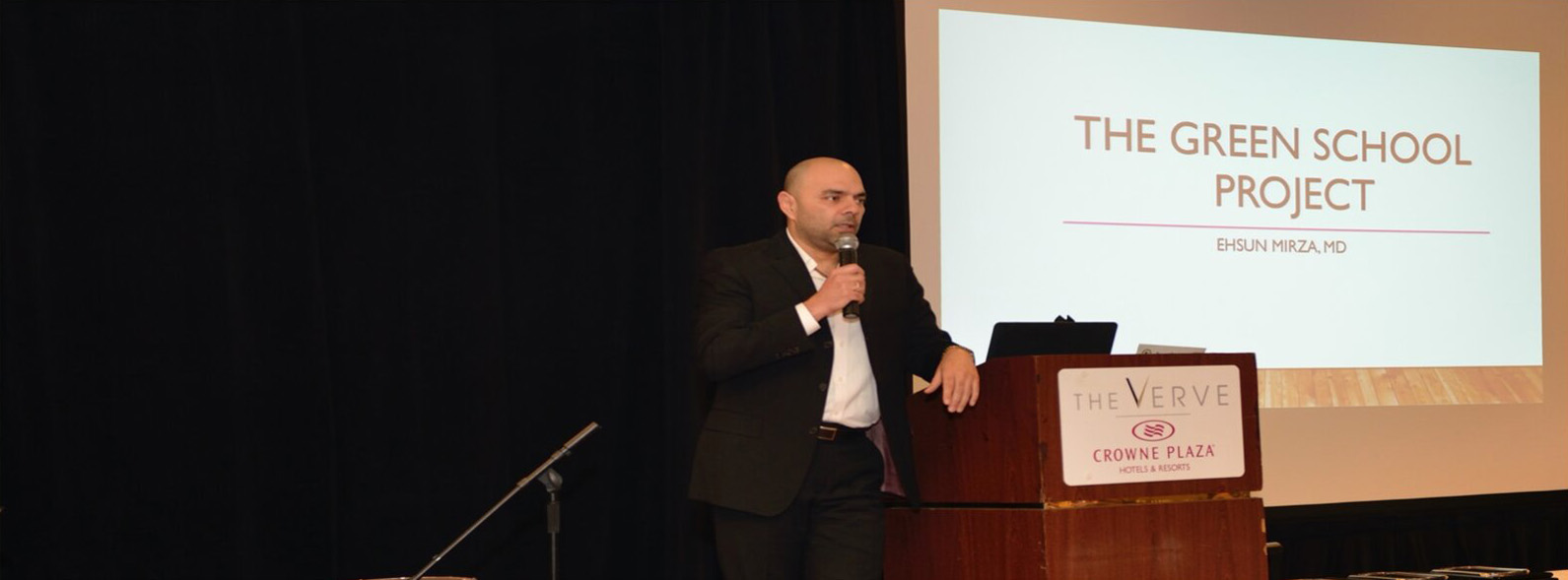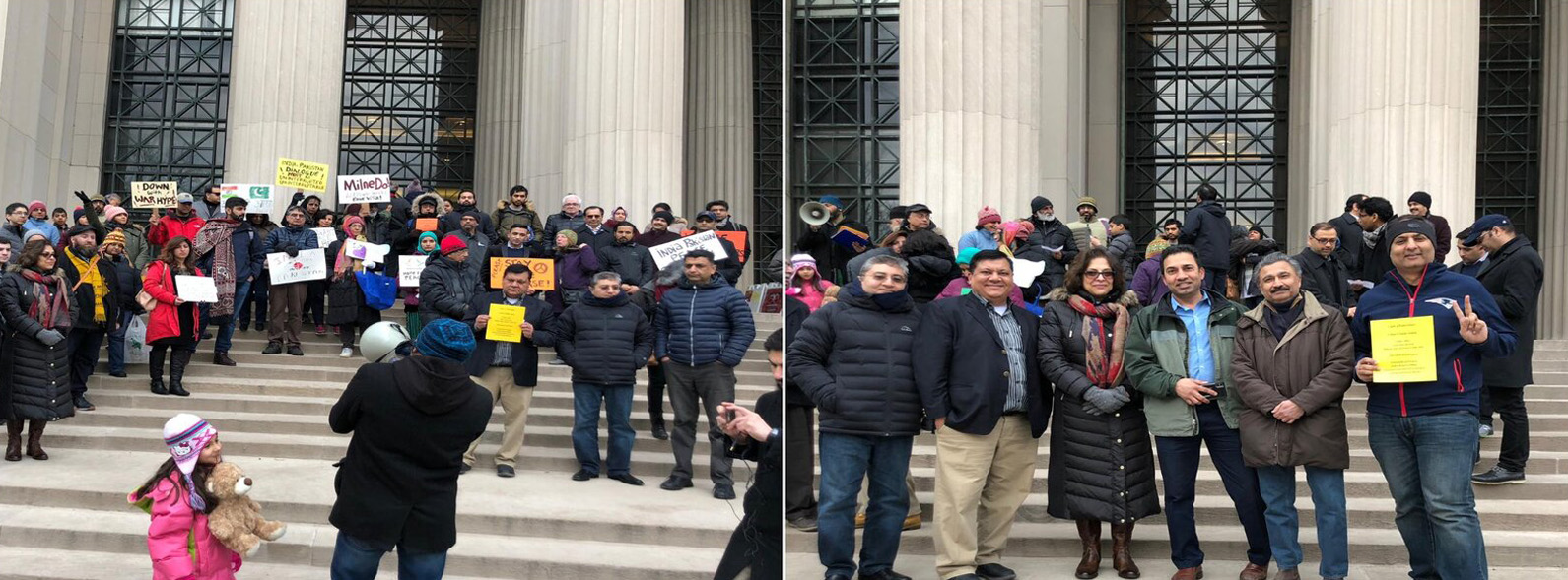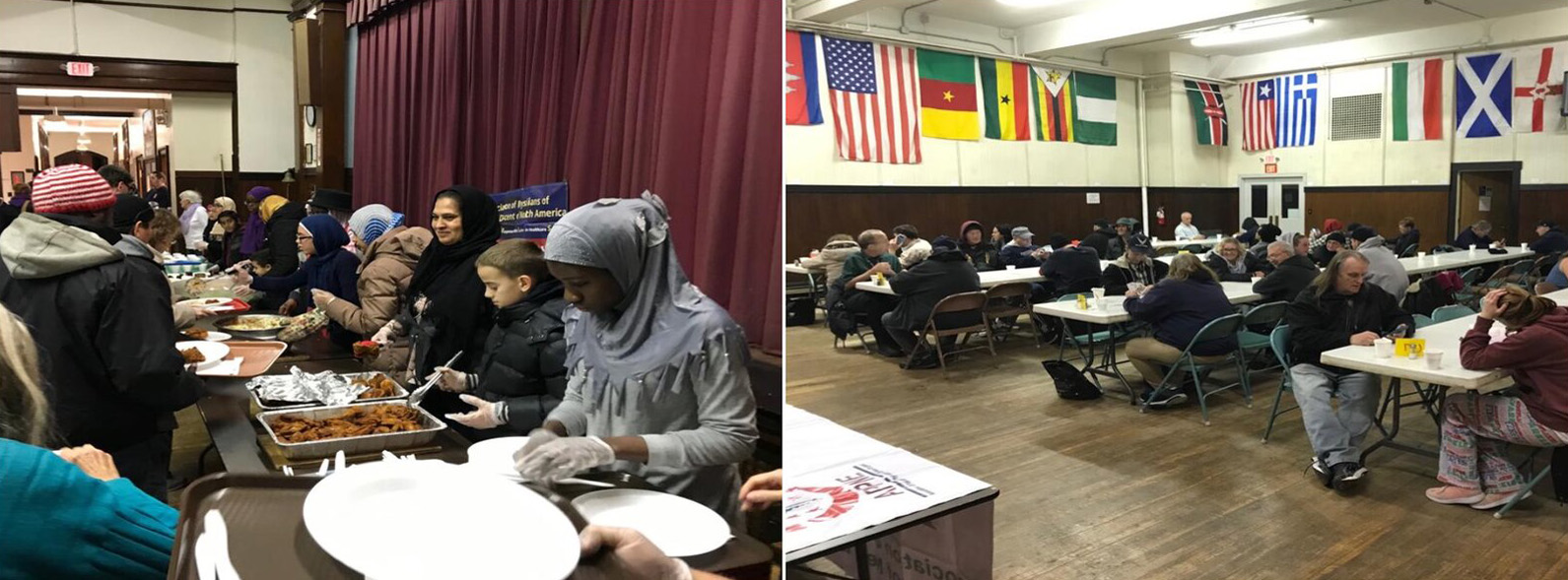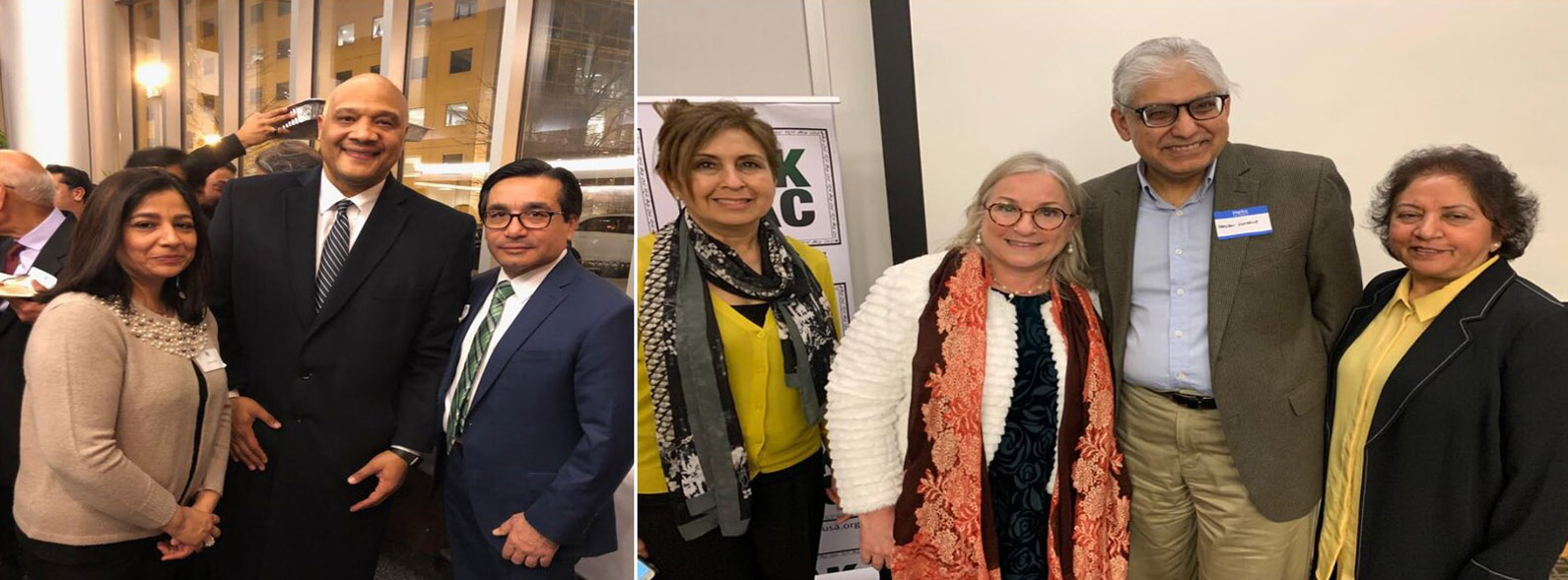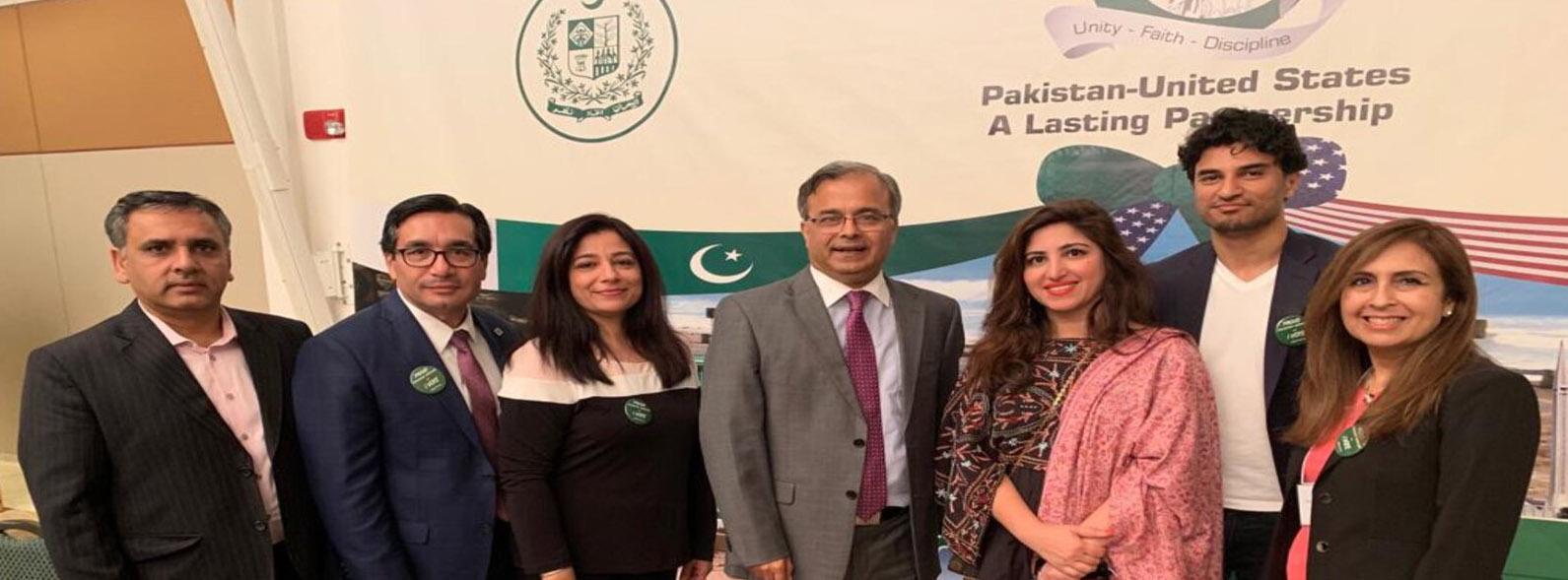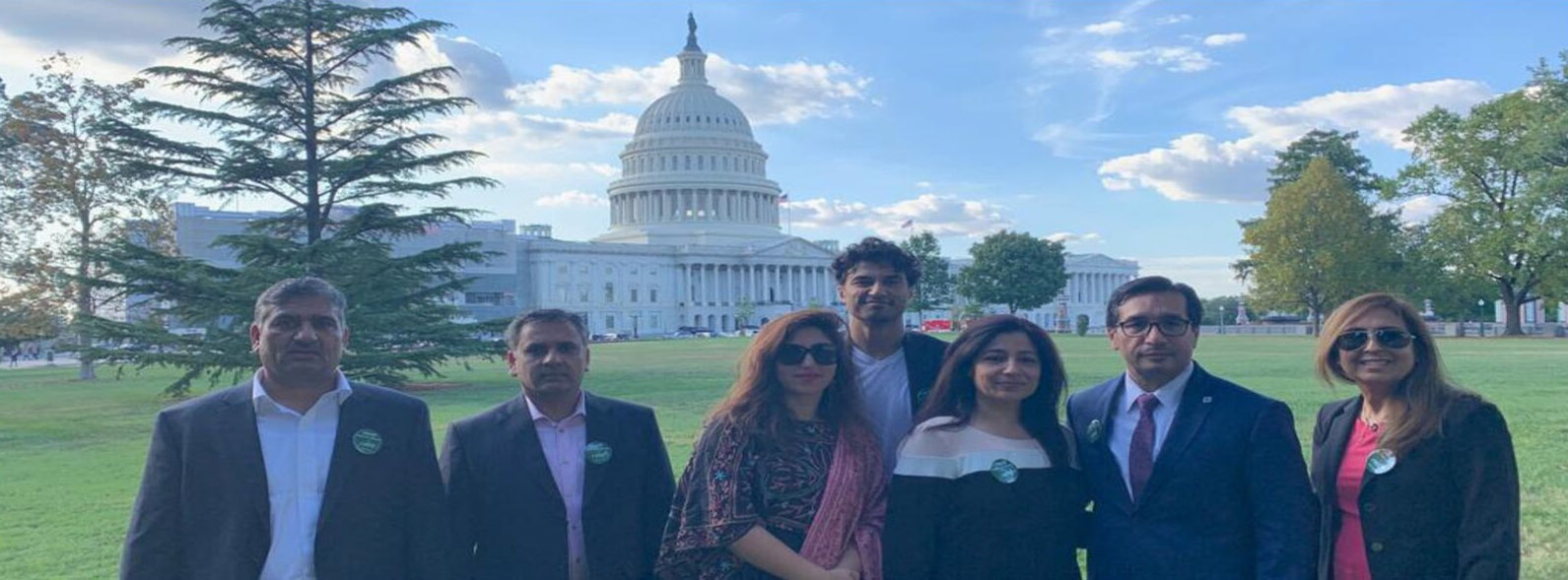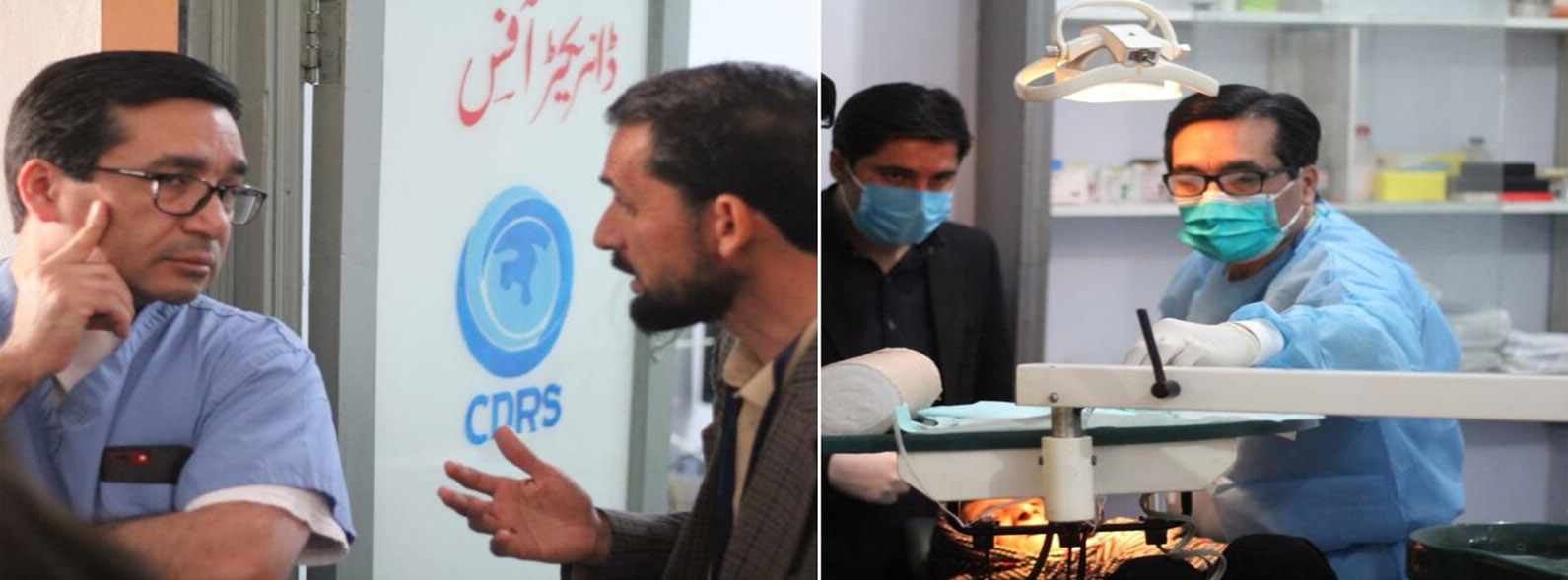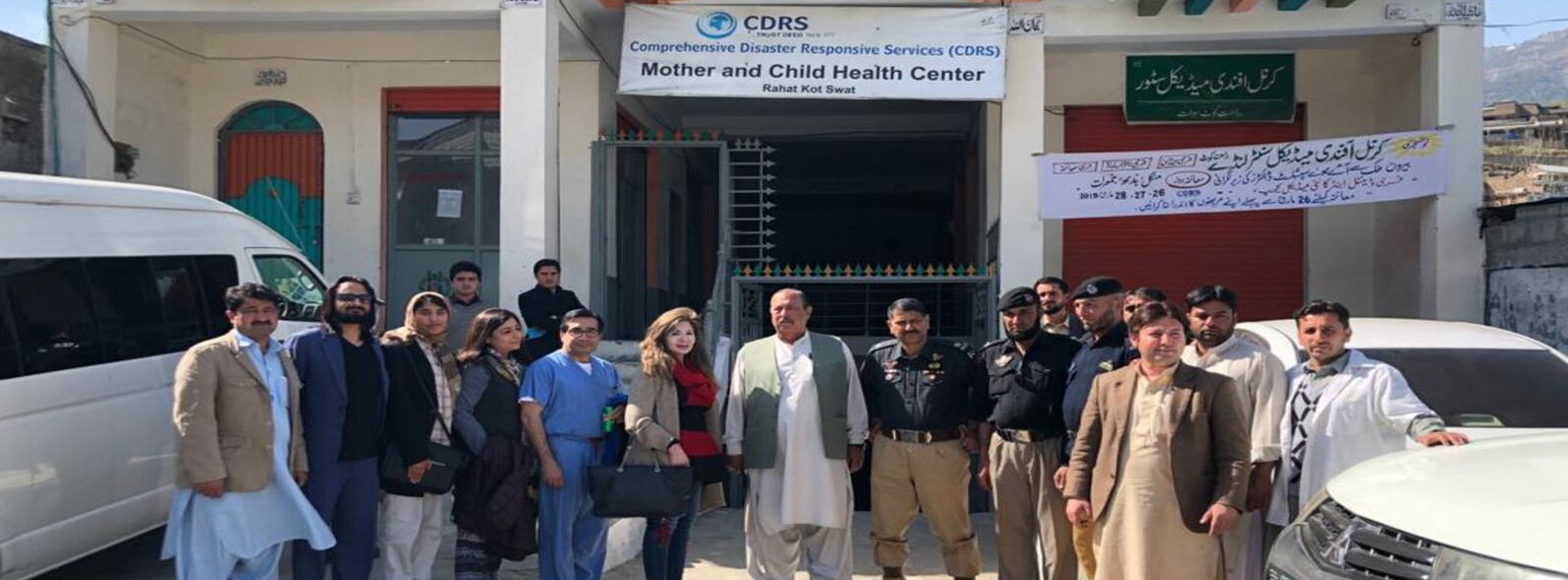Since its foundation in 2003, APPNE members have successfully completed and supported multiple projects in many parts of the US and Pakistan. APPNE donated over $100K for Earthquake and Flood relief efforts in Pakistan. Following is the summary of some of our projects over the last 5 years.
1. National Institute of Child Health (NICH), Karachi Medical Equipment Project
Lead Person: Dr. Yousaf Shaikh
Project Year: 2021
APPNE raised funds to buy Medical Equipment for National Institute of Child Health (NICH), Karachi, Pakistan. NICH is one of the largest children’s hospital in Pakistan providing free care to the underprivileged. Project was completed on July 28th, 2021 with the delivery and handing over of over $13000 worth of equipment to the staff at the Medical Unit -III of NICH. The equipment included infusion pumps, patient monitors and drip stands. APPNE Board greatly appreciates our donors who supported this fundraiser.
2. COVID Food Pantry Support – MA, NH & RI
Lead Person: Dr. Asimah Qayyum & Dr. Yousaf Shaikh
Project Year: 2020
The novel coronavirus has caused havoc around the world and it remains a devastating and deadly disease with no definite treatment. By the time this is over, millions will be infected and thousands would have lost their lives. APPNE Physicians are working in front lines in healthcare facilities across the New England. Our members participated in Public Education Seminars organized by Worcester Islamic Center (WIC). APPNE collected contributions from its members which were matched by our parent organization APPNA. $3500 were donated to soup kitchens in MA, NH & RI and a homeless shelter in RI to help our fellow countrymen greatly impacted by this outbreak. As the Covid pandemic continues to impact our communities, we plan on collecting more donations for the food pantries and the homeless shelters in the New England area.
3. Glucose Trail Sponsorship, Islamabad, Pakistan
Innovation in Diabetes Treatment.
Lead Person: Dr. Naaznin Lokhandwala,
Project Year: 2018-2019
Diabetes is growing at epidemic proportions with genetic, epigenetic and environmental etiologies. We can prevent and halt its progression through a combination of prescriptions including diet, exercise, medications, insulin. APPNE supported Glucose Trail Inc. a registered charity organization working in the suburbs of Islamabad, Pakistan to train healthcare workers and provide remote medical interventions to help patients manage diabetes. The pilot project has shown promising results.
Glucose Trail spent a total of $14,000 for this pilot project which included payment to Saving 9 for managing the pilot project locally, educating 12 health care companions, testing 132 community members, and actively treating 44 patients. 14 % of this effort was supported by APPNE, which approximates 26 community members + supported Saving9, a non profit in Pakistan.
4. Free Dental Clinic, Swat, Pakistan
Lead Person: Dr. Salman Malik
Project Year: 2019
In March 2019, our past President, Dr. Salman Malik, visited the Mother & Child Health Center in Swat, an outpatient clinic run by Comprehensive Disaster Response Services (CDRS). Along with providing basic oral surgery care to the local population, APPNE made a $4,000 donation, that allowed the purchase of an abdominal/chest X-ray unit. With help from volunteers and APPNE, the clinic can now see hundreds of patients who would have had to travel to distant hospitals for diagnostic care.
5. APPNE Social & Civic Engagement Projects, USA
Lead Person(s): All Board Members
Project Year: 2015-2020
APPNE leadership clearly understands the importance of engagement of Pakistani community in the social, economic and political affairs of the communities we live in. Over the years, APPNE members have advocated for healthcare reforms to eliminate healthcare disparities in the US, supported vaccination campaigns, encouraged voting and civic engagement. We have participated in cancer care, heart and stroke awareness walks, protested against terrorism, wars and racial discrimination.
6. AWARE sustainable community project, Thar, Pakistan
Lead Person: Humza Mirza
Project Year: 2017
APPNE supported AWARE (Association for Water, Applied Education and Renewable Energy) community project in Thar, Pakistan. AWARE has managed to create a completely sustainable system based around water and education in the most desolate areasof Thar, Pakistan. They have managed to figure out how to revitalize an entire community through a very simple, but effective model. The school supplies students with rechargeable LED light blocks that they take home to provide light for their family, along with clean water that is provided by a solar powered pump that the school has on its campus. The students then come to school where they charge their LED lights, receive their education, and leave once again with water and light. This cycle has effectively provided a community with education, clean water and light which has increased the standard of livings for these isolated communities exponentially. AWARE now has 14 schools that are either fully functional ornear completion, with 12 more schools slated to be built around the Thar desert. AWAREhas successfully created a cost-effective system that will revolutionize how rural and isolatedcommunities tackle issues regarding education and clean water.
7. Green school and Solar Well Project, Thar, Pakistan
Lead Person: Dr. Ehsun Mirza
Project Year: 2016-2017
With the financial support of APPNEand friends in the community, Dr. Mirza and his team went to Thar, Pakistan and helped initiate a self-sustaining model that will have a long-term, positive impact. Below is a synopsis of the effects of the whole project on the Noor Jhi Dhani and Nasrullah Sand villages of Thar:
- Direct supply of water to the huts of most of the villagers. The rest will get it from a tank, instead of manually pulling it out of a well.
- Household men are now free to look for employment outside the villages which increases the household income.
- Children are now able to go to Green Schools instead of helping the family get water from the well.
- Disposable time for women to work on their handicraft business which also brings in additional income.
- Water is readily available for personal hygiene, washing clothes, kitchen utensils and garden.
- Pregnant women are not getting injured as they are not hauling heavy water containers from well to their homes.
- Quality of water has improved. Because the tube-well system is a closed system, contaminated ropes are not being used. Infant and child mortality and morbidity has improved.
- No need for domestic animals (camels, oxen and donkeys) to haul water out of the well. This has led to saving money and leading to more economic prosperity.
- Less depression and despair as there is more disposable income and less illness in each household.
With this small effort, the lives and health of Thari people, especially women and children, have significantly improved.
8. Neonatal Resuscitation Project, Baluchistan and Sindh
Lead Person(s): Dr. Saima Aftab, Dr. Amna Khan & Dr. Saira Hussain
Project Year: 2015-2016
Pakistan is a dynamic country of over 191 million people. It boasts a rapidly growing economy, is a nuclear power and is home to a number of Nobel and Oscar winning scientists, artists, professionals and thinkers. Sadly Pakistan is also a country with one of the highest infant mortality rates (71/1000 live births) across the world. According to a ‘Save the Children Fund’ report Pakistan has one of the highest ‘First day Mortality Rates’ globally. This is largely attributed to poor in-labor care of the mother and lack of trained personnel for care andresuscitation of the newborn.
Helping Babies Breathe HBB is a globally recognized program developed by the AAP (American Academy of Pediatrics). It teaches health workers in low resource settings the basic life saving steps of newborn resuscitation. With support from APPNE and IDSP we started a HBB program to train midwives that work and serve in the remotest parts of rural Baluchistan and Interior Sindh Pakistan. In addition to the skill and training we also equipped these mid wives newborn resuscitation kits. Through IDSP we recently conducted our 4th refresher course on new born resuscitation and HBB. So far we have enrolled and trained total 78 Midwifes that are from 10 districts of Baluchistan and Sindh (Dado,Sibbi,Quetta,Lasbella, Gawadar, Turbat, Awaran, Nosky, Panjgoor, Zhob). Using the skills given through this program our community IDSP midwifes and LHVs have saved 7 babies in under a year and have improved the care of countless others. Are goals are to create master trainers of HBB and also provide resuscitation manikins at the district level so we can do quarterly refresher courses. We are also trying to ensure uniform distribution of resuscitation equipment to midwives and will be collecting data to measure outcomes.
OUR HOPE IS TO LOWER OUR INFANT MORTALITY RATES AND IMPROVE SURVIVAL AND HEALTH OF OUR CHILDREN ONE BABY AT A TIME ONE BREATH AT A TIME…..
9. Unarpur Literacy Project, Sindh, Pakistan
Lead Person: Dr. Muhammad Ramzan
Project Year: 2015
APPNE collaborated with Liaquat University of Medical and Health Sciences (LUMHS), Jamshoro, Hyderabad, Pakistan and established a “Computer and Community Health Literacy Center” in Unarpur Village, Sindh, Pakistan. This was one of the cornerstone of APPNE’s long term plans of community service in Pakistan where $20,000 were contributed by APPNE. The land for this project was provided by Dr Ramzan and his family. The center was inaugurated in January 2016 and is being run by LUMHS Department of Community Health Sciences where the Medical Staff and Students provide community health services and computer literacy to the village people.

